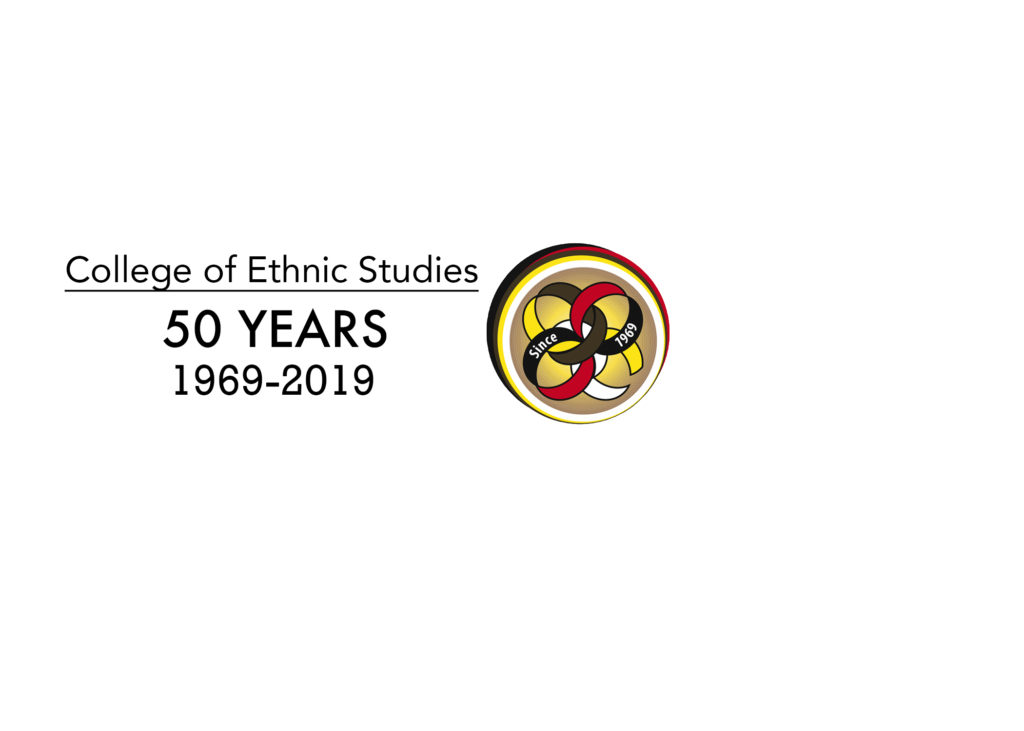The Academic Senate approved areas of minor study in Critical Pacific Islands and Oceania studies, Queer Ethnic Studies and on April 16 it will vote on Critical Mixed Race studies, according to Asian American Studies department coordinator Wei Ming Dariotis.
Dariotis said Critical Pacific Islands and Oceania studies and Queer Ethnic studies were approved on March 19 under the College of Ethnic Studies and are the first of their kind in the nation. She said if the proposal for Critical Mixed Race studies is approved it will be available in the fall semester of 2019, alongside the other two minor fields of study.
SF State student Vinnicius Silva, 21, a first generation U.S. born Afro-Brazilian, thinks it’s a step towards progress in equitable education, a step in the right direction.
“I always thought that I could never sit in the classroom and learn about people like me,” Silva said.
The College of Ethnic Studies currently has a variety of classes each semester that give students an opportunity to earn academic recognition for racial and cultural awareness.
Dariotis along with Nicole Leopardo, a lecturer in the race and resistance studies department, are working together on getting these minors approved. The Critical Mixed Race Studies minor will also be the first in the country, according to Dariotis.
Dariotis said the idea to create a field of study for mixed heritage derived from the experiences she had with students while teaching an Asian Americans of mixed heritage class at SF State in 2000.
“That course always seemed different to me than my other classes,” Dariotis said. “My students would always tell me that class was the one that changed their way of thinking.”
Dariotis said these confessions did not always come from mixed race students.
“I don’t know what was so special exactly,” Dariotis said. “Perhaps it was because I personally identified so strongly with the material and shared a lot about myself.”
Leopardo also said she believed in the difficulty of not personally connecting with the content being explored within her classes.
“The conversation definitely changes depending on who’s in the classroom,” Leopardo said. “There will be things that we will talk about one semester and then the next we don’t.”
According to Leopardo, she and Wei Ming seek to create a space where students will be able to delve in a variety of cultures and heritages, alike or different from their own.
“Classes like these are the only place that allows you to share and explore parts of yourself,” Leopardo said.
“Sometimes there’s an idea of what it means to be Chinese, or an idea of what it means to be Chicano. And most people don’t actually fit into those ideas,” Dariotis said. “The mix race identity makes room for more people.”
Leopardo said these minors are a way for students to be recognized for their work. Leopardo said she speaks from personal experience because she would constantly have to put in extra work and teach herself at times when she was pursuing her master’s degree at SF State in 2017.
“The classes already exist, but it doesn’t give [them] the credit that they deserve,” Leopardo said. “Being able to earn a degree that
specifies your hard work gives [the student] validation and recognition.”
Dariotis and Leopardo said now is the perfect time to introduce something like this into the curriculum. In fall of 2018, they conducted an interest survey for the students of the College of Ethnic Studies to see if there is a demand for a minor in Critical Race Studies. Since the outcome was positive, they decided to move forward with the proposal.
Dariotis and Leopardo, developed a proposal to justify why this minor should be offered. All proposals must go through a series of readings and discussion with the Curriculum Review and Approval Committee. Leopardo and Dariotis have been preparing for any challenging questions they might receive.
“The terminology might cause some debate,” Leopardo said.
She said although people of mixed race have always existed, the aspect of mixed race in education is relatively new. Leopardo said race is a social construct, but does not disregard the fact that race impacts the lives of human beings everyday.







